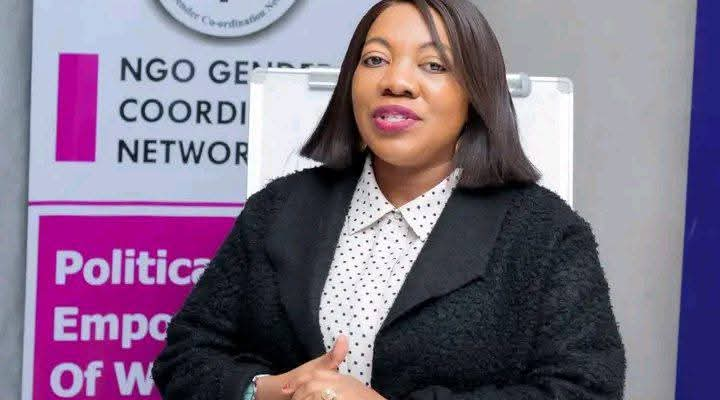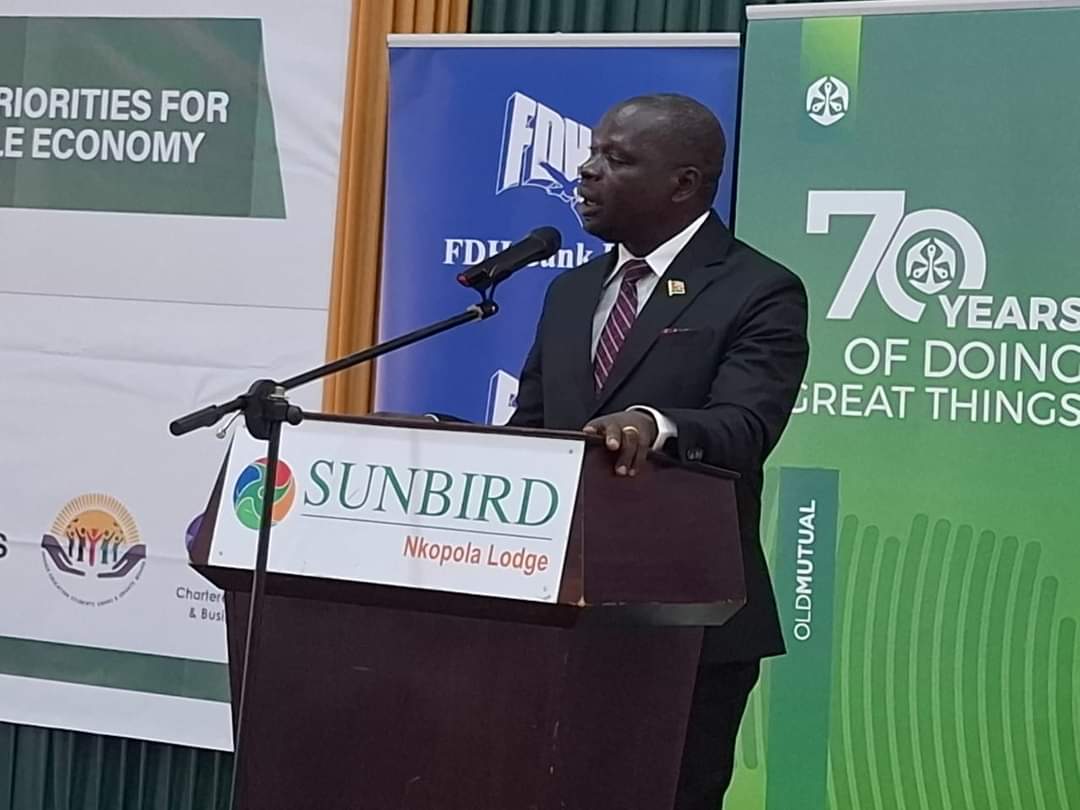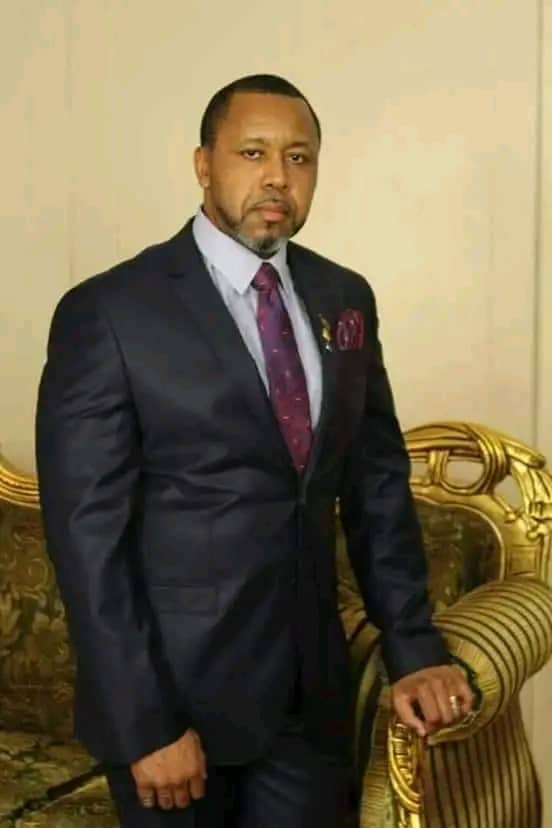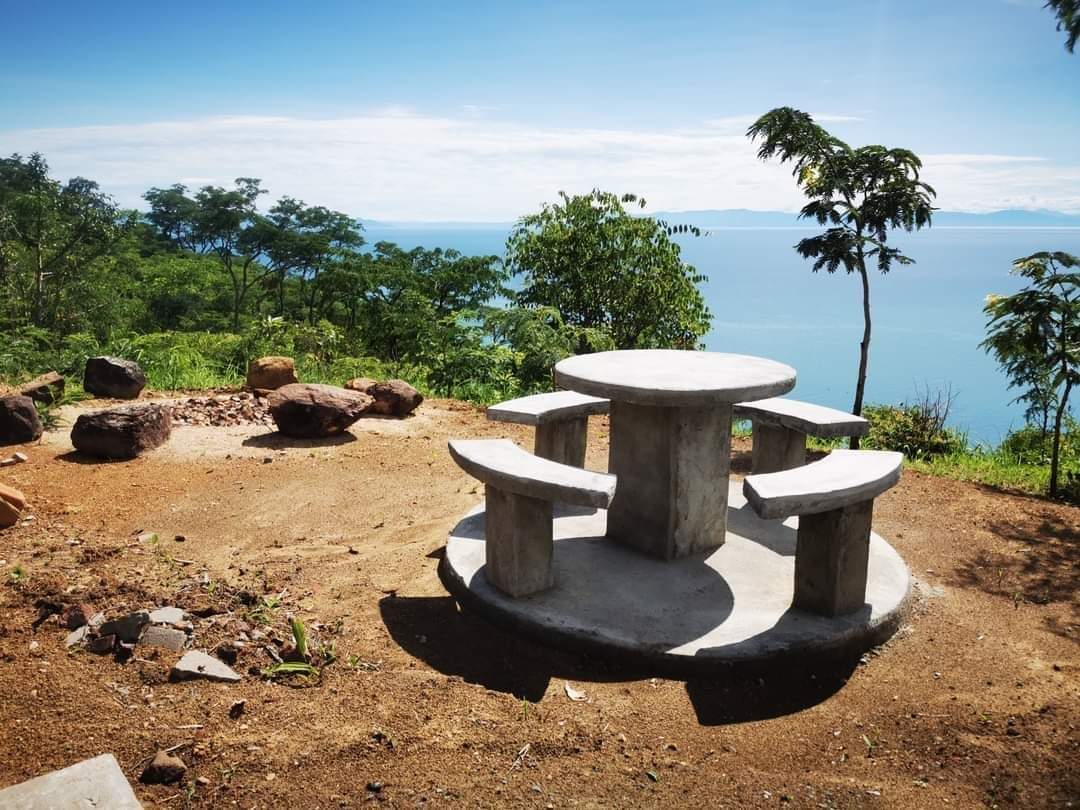By Suleman Chitera
In a bold and unprecedented move, nine women have been nominated as running mates by presidential hopefuls ahead of Malawi’s high-stakes September 16 Tripartite Elections, igniting hope for a more inclusive and gender-balanced democracy.
In a nation where politics has long been dominated by men, this wave of female leadership signals what many are calling a political awakening. Analysts and gender advocates alike say Malawi is finally turning the tide—not just talking about women’s empowerment, but actively embracing it.
“It’s more than symbolic—it’s strategic,” said renowned political analyst Wonderful Mkhutche. “Women make up the largest voting bloc in Malawi. If political parties are serious about winning, they must also be serious about women’s leadership.”
Among the trailblazing women stepping into the national spotlight are:
- Asiyatu Jabuli – Anyamata Atsikana Azimayi Party (AAA), running mate to Akwame Bandawe
- Grace Nazitwele – Odya Zake Alibe Mlandu Party, alongside Dr. Michael Bizwick Usi
- Bertha Ndebele Mackenzie – Peoples Development Party (PDP), running with Kondwani Nankhumwa
- Memory Naveko – Independent candidate Cosmas Felix Chipojola
- Vera Alinafe Kaludzu – Running mate to independent Thoko Manyika Banda
- Jane Ansah – Partnering with former president Peter Mutharika (DPP)
- Theresa Sigele Kagona – With Reverend Hardwick Kaliya, independent
- Mervis Mwalukuwo – Supporting independent aspirant Adil James Chilungo
These nominations were confirmed by the Malawi Electoral Commission (MEC), though the official list is still under final review.
For years, political platforms have spoken of gender equity while women were relegated to cheerleading roles at rallies—dancers, clappers, and mobilizers, but rarely decision-makers. Now, a different dance is emerging—a march toward power.
“This is what true political empowerment looks like,” said Maggie Kathewera Banda, Executive Director of the Women’s Legal Resource Centre (WOLREC). “It reflects real progress toward achieving Malawi’s commitments under the Gender Equality Act and SDG 5.”
But experts warn that this momentum must be sustained beyond elections. Mkhutche calls on political parties to institutionalize women’s participation, not as a campaign gimmick, but as a governance principle.
“We cannot afford to celebrate these women today, only to sideline them tomorrow,” he said.
The message is clear: Malawi is ready for women to lead—not just as supporters, but as presidents-in-waiting. And come September 16, the electorate will not just be choosing a leader—they will be choosing the kind of nation Malawi is becoming.




